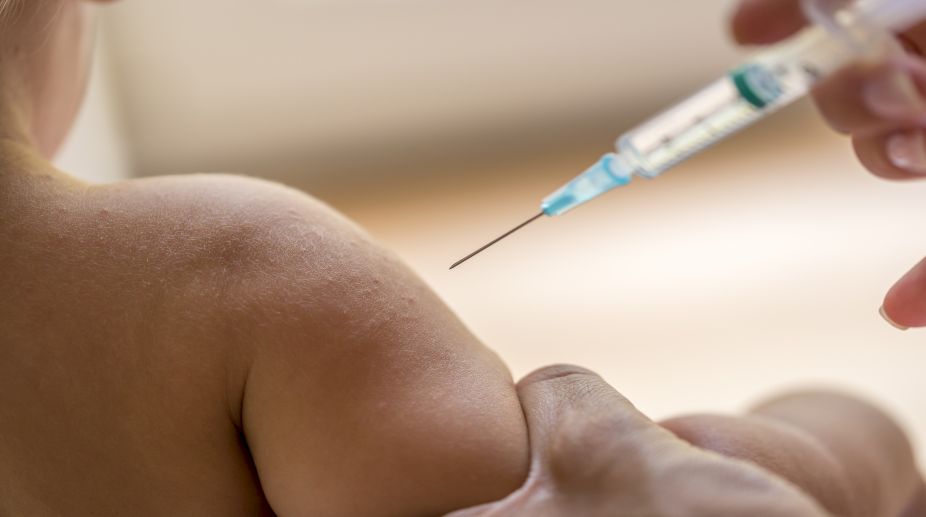Indonesia speeds up new TB vaccine development to combat rising cases
Indonesia is developing a new Tuberculosis (TB) vaccine to strengthen the fight against TB, which has claimed an average of 150,000 lives annually.

Representational image (Photo: Getty)
A new vaccine that is cheap to make and does not require refrigeration has shown promise in preventing rotavirus, a contagious and fatal disease that disproportionately strikes children in Africa, researchers have said.
A trial in Niger found that the new vaccine was almost 67 per cent effective in preventing gastroenteritis caused by rotavirus, which is the most common cause of severe diarrheal disease in the world.
Advertisement
More than 500,000 children die each year from dehydration and complications of rotavirus, particularly in sub-Saharan Africa, according to the World Health Organization.
Advertisement
There are already two vaccines on the market against rotavirus, but they require refrigeration and can be costly.
"This trial brings a vaccine which is adapted to African settings to those who need it most," said Sheila Isanaka, assistant professor of nutrition at Harvard University and co-author of the study in the New England Journal of Medicine.
"When the vaccine becomes widely available in Africa, it will help protect millions of the most vulnerable children."
The vaccine, called BRV-PV, is manufactured by Serum Institute of India.
The randomized, controlled trial involved 3,508 healthy infants who received three doses of the vaccine or placebo at 6, 10, and 14 weeks of age.
About a month after the final dose, far fewer children who had been vaccinated showed signs of diarrhea, vomiting and stomach distress from rotavirus.
"At 28 days after the third dose of vaccine or placebo, severe rotavirus gastroenteritis had been reported in 31 infants in the vaccine group and in 87 in the placebo group," said the study.
The new vaccine's efficacy of 67 percent was higher than the RotaTeq vaccine, which was 39.3 percent effective according to a previous trial.
A similar trial in South Africa and Malawi found the efficacy of the Rotarix vaccine was 61.2 percent, according to background information in the article.
The BRV-PV vaccine has been licensed in India. It is awaiting prequalification by the World Health Organization before it can be purchased by the United Nations and government agencies.
Although 27 children in the vaccine part of the study died, along with 22 in the placebo group, researchers said their deaths were unrelated to the vaccine.
The "most common causes of death were infections and infestations (in 37 infants) and metabolism and nutrition disorders," said the study.
No serious adverse events were found to be linked to the vaccine.
"After the successful clinical trial of this new vaccine, we hope that it can be made available as soon as possible to children in Niger and across Africa," Isanaka said.
Advertisement